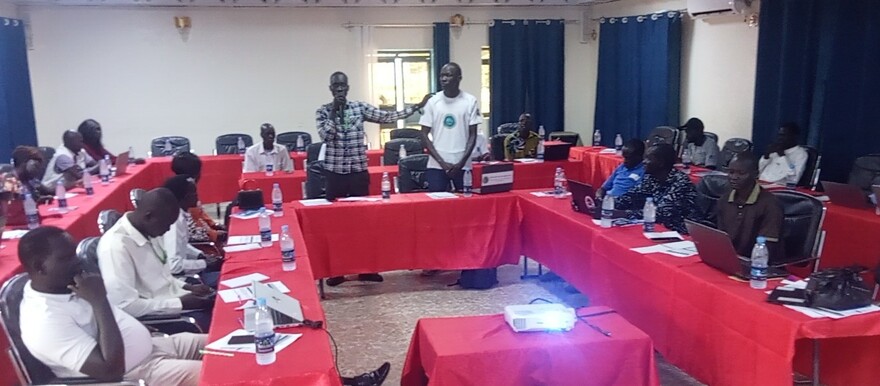A three-day gender-based violence workshop began yesterday in Aweil town of South Sudan’s Northern Bahr el Ghazal State.
The activity is carried out with support from the Gender-based Violence Cluster in South Sudan in collaboration with Northern Bahr el Ghazal State’s Ministry of Gender, Child, and Social Welfare.
Speaking to reporters on Tuesday afternoon, the Director General for the Ministry of Gender, Mary Arakaki Bak, said many street girls are raped daily at markets and other open places as the ministry cannot provide exact data on the matter.
She invited all residents of Northern Bahr el Ghazal State to work hard to ensure that violence against children and women is immediately stopped, calling for early monitoring and reporting of gender violence cases to the authorities concerned.
“I am an old person, and I have seen many things during my leadership at the Ministry of Gender because many homeless girls are rapped daily by their fellow homeless men, and we cannot access all the street children,” she lamented.
Several participants from Northern Bahr el Ghazal and Warrap States expressed their eagerness and commitment to gain more knowledge from the workshop.
Christopher Anei, a participant, said the training would help them increase community awareness on the fight against Gender-Based Violence issues in Northern Bahr el Ghazal State.
He said, “This workshop is very nice because it is going to teach us; we are also going to create awareness among the community, not only in Northern Bahr el Ghazal but South Sudan at large.”
Another attendee, Maria Abuk, confirmed that many women and girls at the grassroots level do not know where and how to report cases of rape and gender-based violence.
“What I like in this three-day training is to get more knowledge on how to support women and girls in our communities because victims in the grassroots don’t know where to report cases and where to get their rights,” she said.




